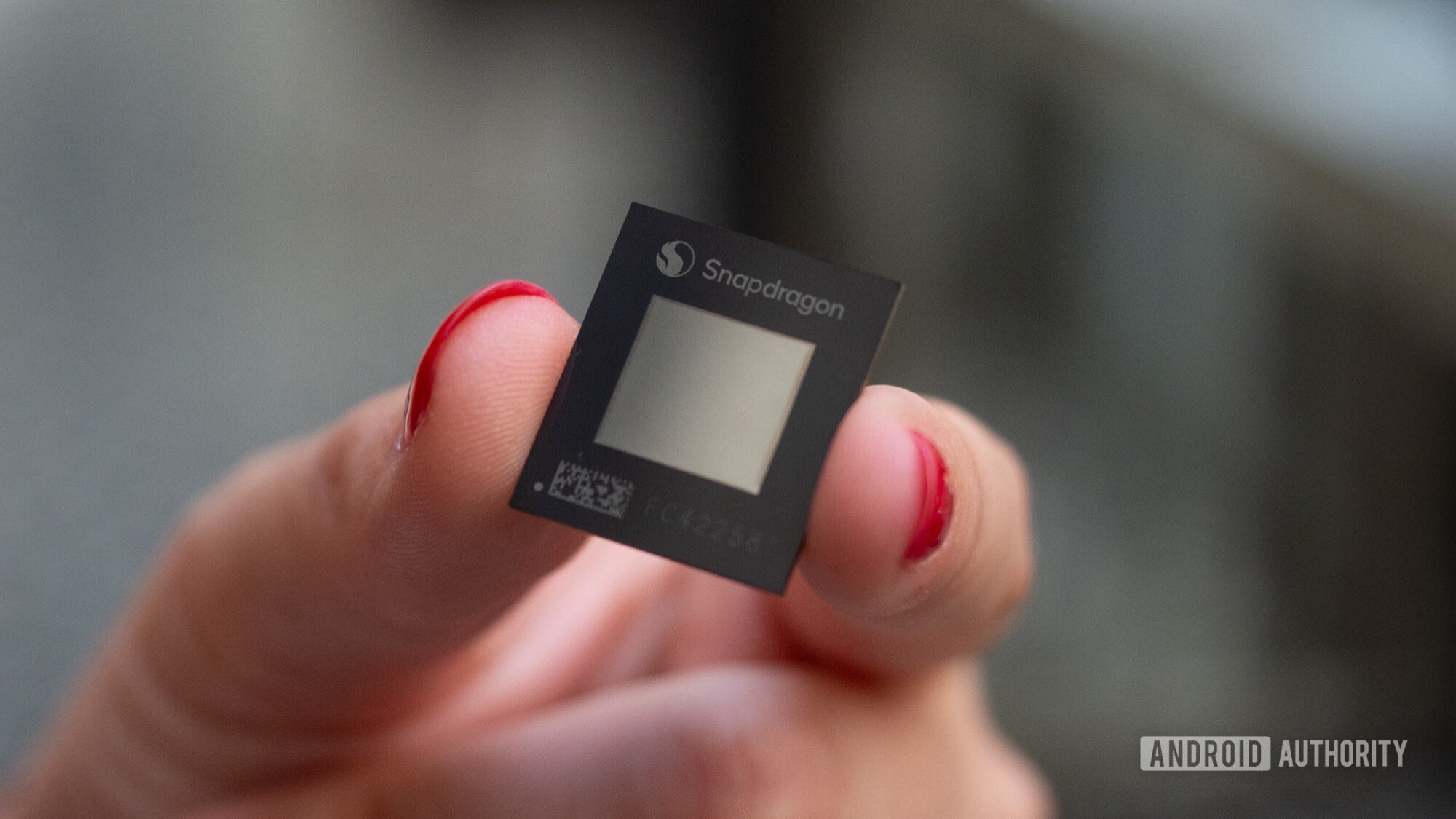Qualcomm is synonymous with top-tier smartphone performance these days, but the market was once much more competitive.
I think one of the more long-term threats to Qualcomm is the relative decline in importance of gen on gen improvements in mobile networking and smartphone AP performance.
3G to 4G was a massive change. It made many application on smartphones actually viable. While we don’t have 5G where I live, I get the impression that it’s not that big of a jump. I have yet to see any mass market application that require 5G.
Same with smartphone CPU performance, while there is still a lot of room for further developments (particularly in efficiency/battery life), modern smartphones are a mature product category. Most smartphones users do not need a top of the line smartphone CPU. Not to mention replacement cycle lengths are trending upwards, 3+ year upgrade cycles are becoming much more common.
I am skeptical about Windows on Arm, we have yet to see any substantive real world benefits (i.e. not just benchmarks) for Snapdragon Elite X laptops. It’s basically the same thing as buying a modern x86 laptop, but with more problems.
Another threat is Apple’s in-house modem(if it succeeds and is currently trending in that direction). That’s a sizeable market share lost in the smartphone, which Qualcomm has come to dominate.
MediaTek is going to start eating larger parts of Qualcomm’s markets, they’re seriously competitive in the mainstream market.
Qualcomm got used to being the only game in town for performance and it’s pricing reflects that.
I keep seeing bloody under-nails in that picture.




